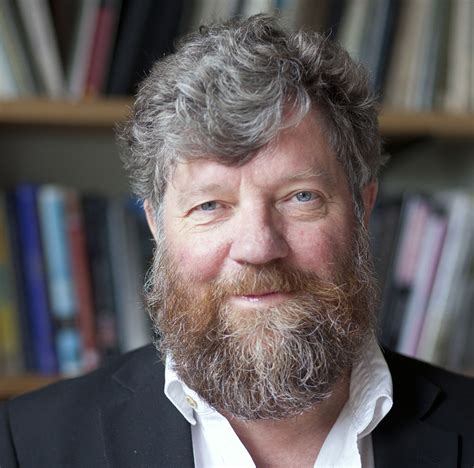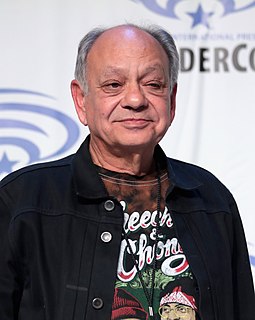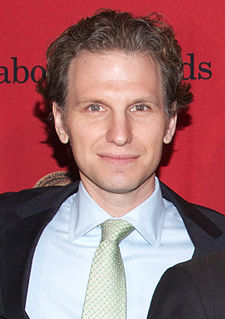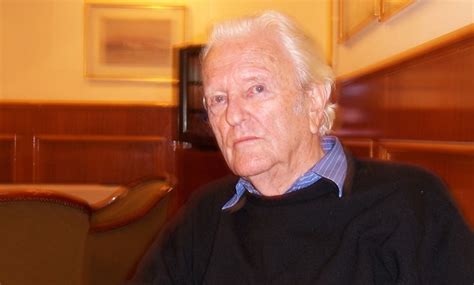A Quote by David Graddol
French, for example, is declining as an international language, but Spanish, Mandarin and Arabic are all languages of the future. Ethnic minority groups in the UK may well prove to be a major asset in this effort.
Related Quotes
I work in Hebrew. Hebrew is deeply inspired by other languages. Not now, for the last three thousand years, Hebrew has been penetrated and fertilized by ancient Semitic languages - by Aramaic, by Greek, by Latin, by Arabic, by Yiddish, by Latino, by German, by Russian, by English, I could go on and on. It's very much like English. The English language took in many many fertilizations, many many genes, from other languages, from foreign languages - Latin, French, Nordic languages, German, Scandinavian languages. Every language has influences and is an influence.
All the kids are learning different languages. I asked them what languages they wanted to learn, and Shi is learning Khmai, which is a Cambodian language; Pax is focusing on Vietnamese, Mad has taken to German and Russian, Z is speaking French, Vivienne really wanted to learn Arabic, and Knox is learning sign language.
I can read more languages than I speak! I speak French and Italian - not very well, alas, but I can get by. I read German and Spanish. I can read Latin (I did a lot of Latin at school.) I'm afraid I do not speak any African languages, although I can understand a little bit of the Zulu-related languages, but only a tiny bit.
We were doing the same thing. We will never have "a" Chicano English or Spanish because of regional differences. But I think that because of our bilingual history, we'll always be speaking a special kind of English and Spanish. What we do have to do is fight for the right to use those two languages in the way that it serves us. Nuevo-mexicanos have done it very well for hundreds of years, inventing words where they don't have them. I think the future of our language is where we claim our bilingualism for its utility.
Modern Arabic literature achieved international recognition when Mahfouz was awarded the Nobel prize in 1988 (.....) Mahfouz also rendered Arabic literature a great service by developing, over the years, a form of language in which many of the archaisms and cliches that had become fashionable were discarded, a language that could serve as an adequate instrument for the writing of fiction in these times.



































